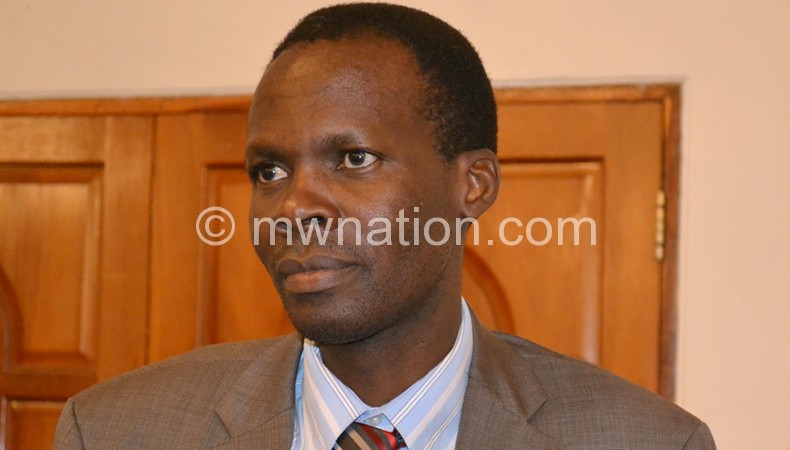Funding woes cripple Legal Aid Bureau
Expectations that people who could not afford private legal representation had at the establishment of the Legal Aid Bureau might now be dampened following revelations that the bureau is struggling to get funding.
The Nation has found that the bureau lacks vehicles for operations nationwide, forcing most lawyers to walk to and from court.

The newly created bureau, which formally started its operations on March 16 2015 after replacing the Legal Aid Department under the Ministry of Justice and Constitutional Affairs, does not even have a vehicle for its director, deputy director, accounts or any other department at its headquarters in Lilongwe.
The Nation understands that only one vehicle currently functions in Lilongwe, leaving a team of nine paralegals, seven lawyers and other officers to scramble for transport.
At its Southern Region office in Blantyre, there is one functioning vehicle and four lawyers while the bureau has no vehicle to cater for the entire Northern Region.
Speaking on condition of anonymity, one lawyer at the bureau said: “It is a difficult situation. We are only doing it as a voluntary work because save for the meagre salaries we receive, the situation is very pathetic. It is not inspiring at all.
“We have reached an extent that we can lose several cases which we could have easily won because we cannot travel to court because we had no fuel or we could not file court files because we have no papers and a printer at the office. As a lawyer, even before you consider the issue of your salary, this is frustrating enough.”
Newly confirmed director Masauko Chamkakala, who has just been in office for weeks, in an interview last Thursday confirmed that the bureau is facing a depleted fleet of vehicles, paper work challenges and that it inadequate lawyers.
Chamkakala, who heads the bureau after a stint at the Office of President and Cabinet (OPC), said they already met Treasury to map the way forward, including on the need to start channeling funding directly to the bureau.
He said: “Sometimes clients offer us transport which compromises our work. The irony of the development is that 80 percent of the people in the country cannot access legal service and these people mostly do not live in town. It means we are not able to serve 12 million Malawians who cannot afford private lawyers.”
Treasury spokesperson Nations Msowoya also confirmed the meeting between the budget director and the bureau’s management but described the development as normal.
However, Msowoya insisted that government has already started channelling allocations directly to Legal Aid as a separate cost centre but could not say whether government was likely to increase funding.
“Funding to ministries and departments is based on an agreed cash flow and a cash flow is based on expected income from revenues and grants. And the cash flow is also subject to various economic variables,” said Msowoya.
The bureau is an independent institution established under the Legal Aid Act (Act 28 of 2010) and is mandated to provide legal aid services to persons of insufficient means who cannot afford private legal services.
The country’s justice delivery system has often come under fire for being expensive for the local masses to acquire legal representation. n





